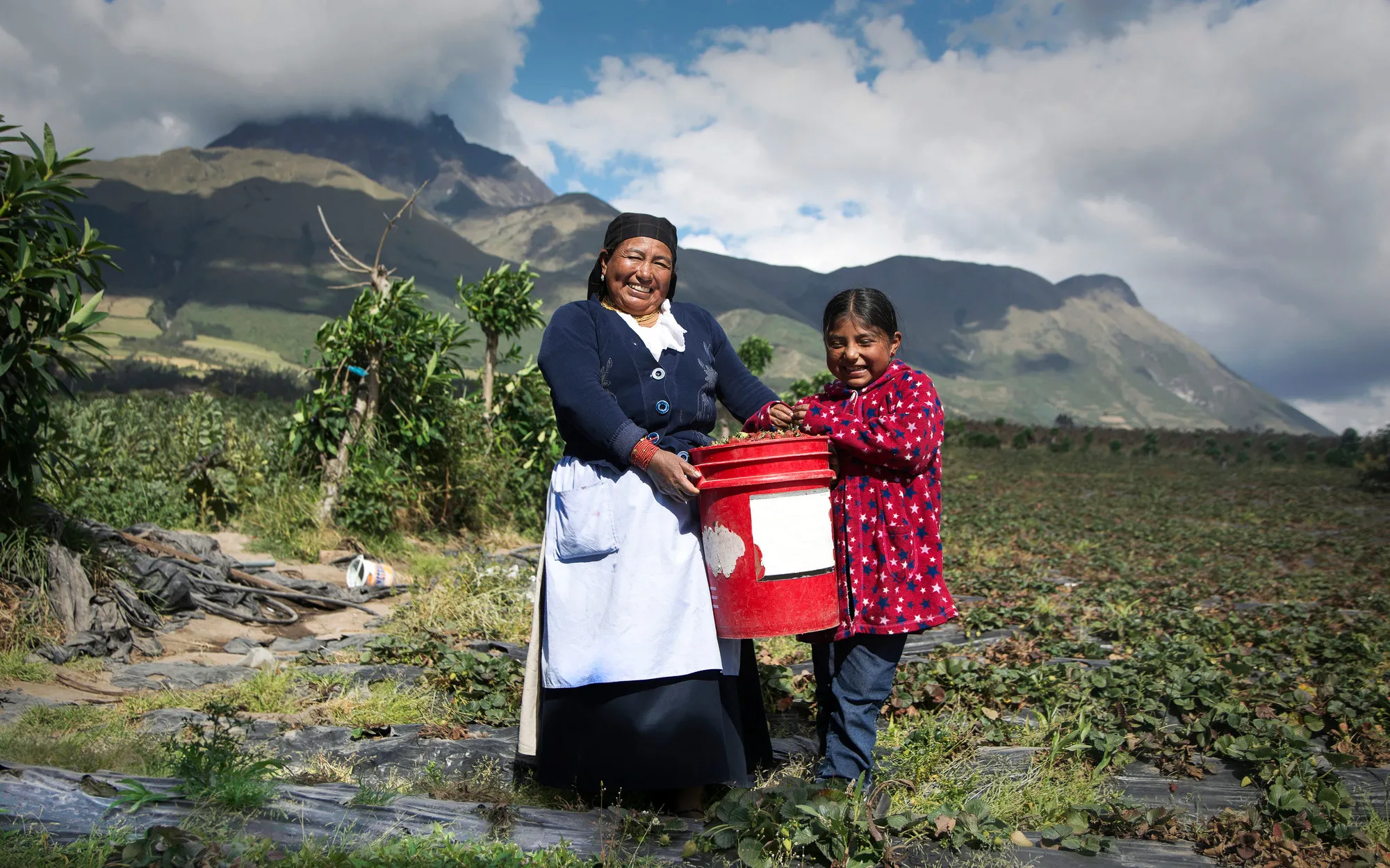Mindful of the risks and focused on the potential, CARE has launched two first-of-their-kind pilots, partnering with leaders in the cryptocurrency movement to deliver crypto-based vouchers to women and groups in Africa and Latin America. The pilots will distribute crypto vouchers to survivors or women at risk of gender-based violence in Ecuador and Village Savings and Loans Associations coping with the economic impact of COVID-19 in Kenya. The vouchers will be redeemable for goods, services or cash and linked to the needs of recipients.
“We are excited to be working alongside Celo and Emerging Impact in Ecuador and Binance’s Blockchain Charity Foundation in Kenya to test new ways that these technologies can support people to navigate crises,” says Christian Pennotti, Senior Director for Market-based Approaches at CARE.
CARE has teamed up with the Lab for Inclusive FinTech, LIFT (a soon-to-be-launched initiative of the Institute for Business and Social Impact at UC Berkeley), in the context of the Kenya-Binance pilot, which will inform the design of a rigorous experimental evaluation of blockchain technology as a viable and effective option to deliver aid in developing countries. The pilot will not only assess tech readiness of VSLAs and vendors, but will also carry out focus groups to better understand trust, information barriers, and use of and opportunities for stablecoins.
The promise and the perils of cryptocurrency have been amplified in recent months as Wall Street investors, payments providers, and tech luminaries have weighed in on the technology’s legitimacy. (Sometimes supporting, then opposing, then tepidly supporting it again all within weeks.) It seems opinions on whether cryptocurrency and blockchain are on the brink of revolutionizing the world or a bubble ready to burst can fluctuate as wildly as Bitcoin’s value. And yet, within that noise is the promise of a world where people can send money to loved ones or those in need overseas at a fraction of today’s cost; where people fleeing from conflict or crisis can easily protect themselves from the risks of currency devaluation or hyper-inflation; or where anyone, anywhere can be financially included.
This use of cryptocurrency in the field comes on the heels of CARE’s first partnership in the space with Ripple and the recent launch of the CARE Crypto Fund for Humanitarian Aid, with a goal of raising $10 million by late 2022 to directly fund critical humanitarian initiatives.
“A lot of work has been done at CARE to ready our internal systems to accept crypto donations, with finance and legal experts leading the way,” says Alejandra Villalobos, Associate Vice President for Major Gifts. “We are excited about the potential for partnerships in this space, bringing emerging technologies and resources together with CARE’s global footprint and deep programmatic expertise.”
Alejandra Villalobos, Reid Davis, and Christian Pennotti contributed to this post.

